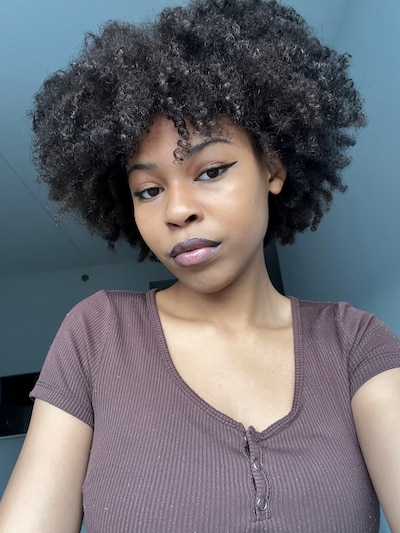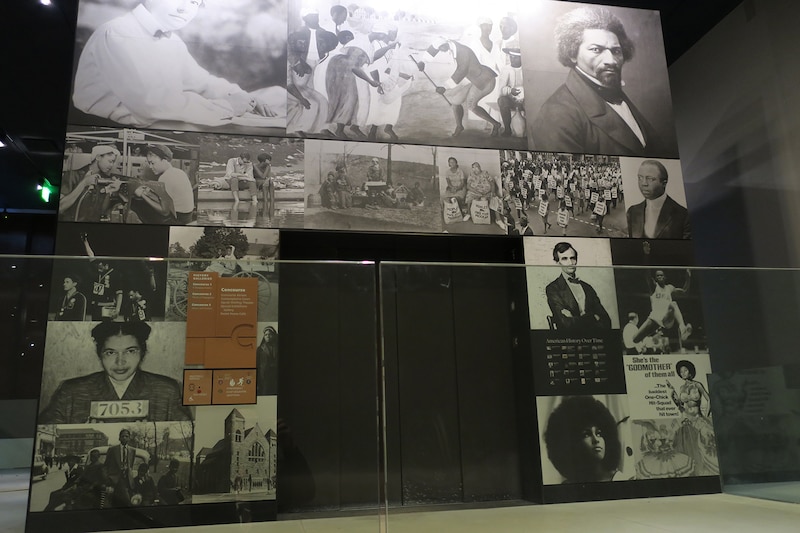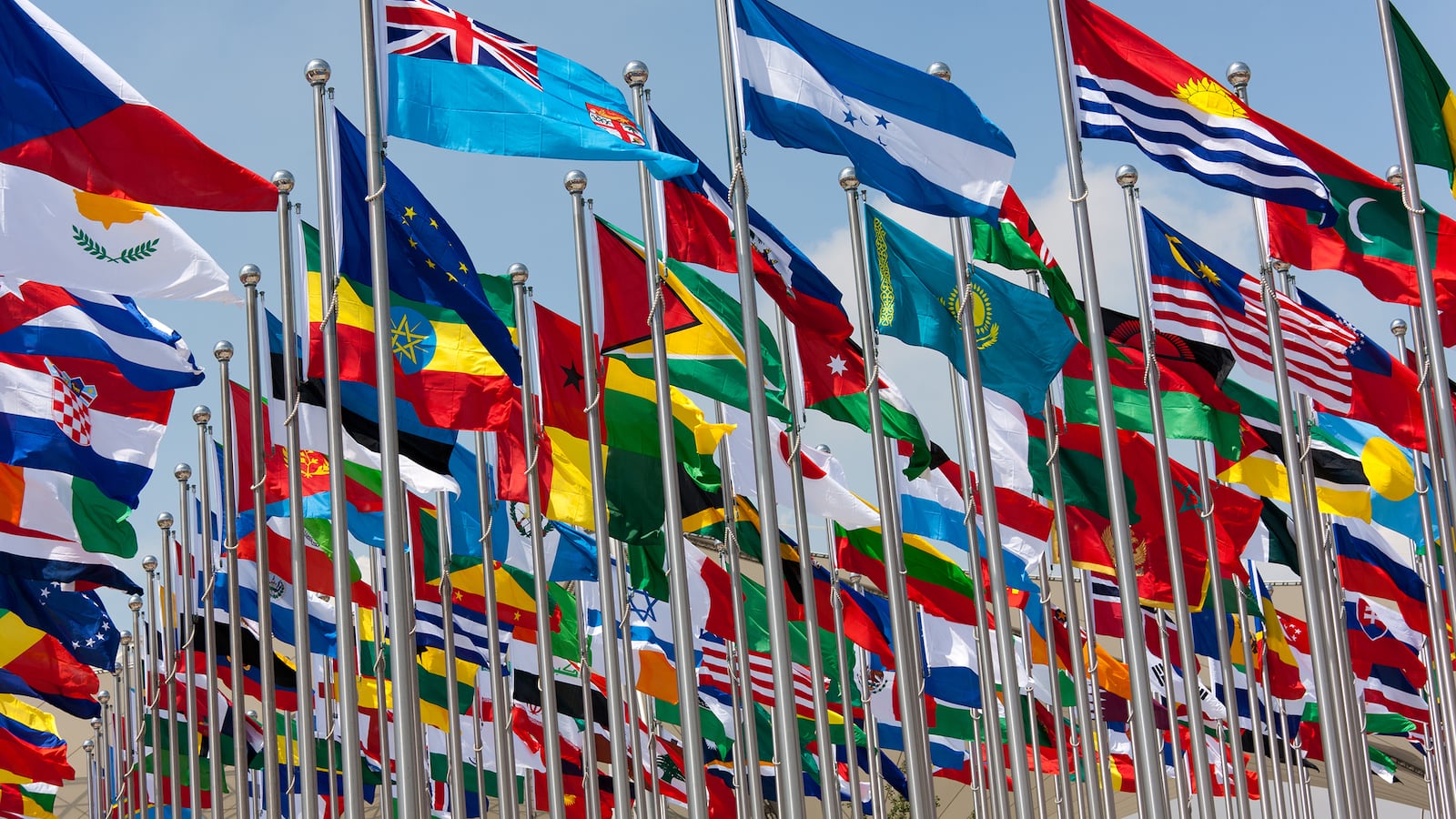Little me, seven years old and in second grade, peers around the panoramic room, occasionally taking a nervous look at other students surrounding me at the library near my school in the East Bronx.
“So, we’re gonna start this kids’ culture day by going around the room asking where each of you is from,” the librarian says, smiling.
My heart rate increases, my stomach drops, but I keep all composure.

“Puerto Rico!” one kid shouts before even raising his hand.
“Bangladesh!” another says.
And then: Yemen! Ghana! Albania! Pakistan! Dominican Republic! Jamaica!
As the countries pour out of everyone’s mouths, it’s as though the words are chasing me.
Before it’s my turn, I get up and leave the room. Once I’m out of the library, my heart rate stabilizes and my stomach returns to its place, but I can’t quite put words to what just happened and what I am feeling.
My last name, “Muñoz,” is a Spanish surname said to mean son of “Muño,” a name that also means “hill.” But my last name doesn’t tell the full story. From a young age, my last name raised more questions than it answered.
Whenever people would ask “Where are you from?” I would tell them what I thought was obvious: “I’m Black.” I could already anticipate the next question, which was some variety of “Then why is your last name Spanish?” The truth is, I didn’t know.
Their questions and my lack of answers only heightened my headache of understanding who I am. I remember being in elementary school and doing a family tree project. On it, we had to write down where our family came from. Having grown up with a busy dad, and living apart from my mom, I didn’t have any answers to the questions the tree demanded.
As I got older, I began asking my dad about our last name and our family story. “We may have a Spanish last name from your grandfather,” my dad would tell me, “but we should be proud of our Black American heritage.”
My father told me tales about his father’s roots in Latin America and the Caribbean, but he mostly emphasized his mother’s Black American heritage. Having connected most to the latter, I immersed myself in studying Black American history, from the transatlantic slave trade to the civil rights era to our music and style.
Even as we experienced the effects of centuries of generational inequities, we have created a culture woven into the very country that perpetrated and maintained those inequities. Many facets of “American” culture are Black American culture. Black Americans created hip-hop and R&B and popularized jazz and pop. We were at the leading edge of fashions, including sneaker culture and athleisure. We’ve led social movements, and we contributed enormously to the fields of science, literature, and politics.
Their questions and my lack of answers only heightened my headache of understanding who I am.
In April, my high school, located in the Co-op City neighborhood of the Bronx, had its first culture day. Everyone was asked to wear or bring something to school that represented their culture. Watching so many people proudly wear their cultural garments and carry vibrant flags from around the world left me feeling like my younger self in the library and not knowing how to express my identity. Instead of running out, though, I channeled my pride and grief into creativity.
I wrote a poem called “Tribe of Tribes,” an ode to my Black American heritage.
I come from rap songs and poetry,
From seamstresses sowing strings,
We never gave up even when we had nothing, our art gave us
something sweet
Each stanza I typed flowed easily out of my mind and onto the page, almost like honey. I was so proud of my poem that I submitted it to the New York Public Library’s Teen Voices Magazine contest, and I won. I had long struggled to define my Black American identity, and here I was naming it and celebrating it. (Scroll down to read the poem in full.)
Throughout this process, I also discovered that identity isn’t always clear-cut; there are dimensions to who people are. I have one friend who is a Black girl with a Portuguese last name; she has a Guatemalan father and a Black American mother, but her mother grew up in Guatemala with an adoptive family. I wouldn’t have known all of this if I hadn’t bothered asking. Sometimes acknowledging the complexities, acknowledging what we know and what we wish we knew, can bring us together.
Like when I sat with my assistant principal this past spring. She’s a white, Jewish lady from New York City, and it confused many students that she ran our school’s Africa Club. But when we took the time to connect, I discovered that she went to college in South Africa in the post-apartheid era. She opened up about how her experience there opened her eyes to the global racial injustices and also the diverse cultural landscape of the African continent. She told me about how her time there inspired her to learn more and more about African history and cultures.
“You have to be culturally competent,” my assistant principal would tell me.
“What’s that?” I asked her.
“It means understanding and respecting values from cultures different from your own,” she said.
Whenever I think back to this conversation, I smile.
I’ve grown to accept that a tiny part of me will always feel like that small child who ran out of the library on culture day. It happens when I walk around the city and see flags representing the heritage of many people who live here. In the South Bronx, I’ll see Puerto Rican flags; around 14th Street in Manhattan, I’ll see Ukrainian flags; and in Washington Heights, I’ll see Dominican flags.
As much as I may yearn to represent my family history and culture in that way, these scenic walks only heighten my cultural competence and my eagerness to learn more.
Emily Muñoz, a high school senior from the Bronx, is an award-winning and published artivist poet, an advocate for intersectional racial and gender equity, and a host on the Next Generation Politics Podcast “The Round Table.” She’s passionate about history and plans to double major in political science and economics. Emily is a 2023-24 Student Voices Fellow at Chalkbeat.

Read “Tribe of Tribes” by Emily Muñoz in full below:
I am Black American
I come from brownstone buildings
The steepest concrete hills
Grass so green and vibrant, you’d never stand still
I come from loud screaming mamas,
Talking to their loud yelling babies,
Never given a chance to live cus all the babies driving her crazy
I come from long luscious nails,
And braids as long as tails,
Styles so elaborate, you could style it on a whale
I come from rap songs and poetry,
From seamstresses sowing strings,
We never gave up even when we had nothing, our art gave us
something sweet
I come from cobblers and pumpkin pies,
Soul food so good it’d make you sigh
macaroni so smooth, collard greens so savory, fried shrimp so crunchy, that thinking of it all makes me cry
I come from sprinklers on hot days,
Humility and slight praise,
No doubting what we’d achieve because we’d always find a way
I hail from a town of hills, a people of love, an enforcement of style, a community of creatives, a group of good taste, an ensemble of energy, and a bunch of determination.
I am Black American, and I hail from a tribe of tribes


